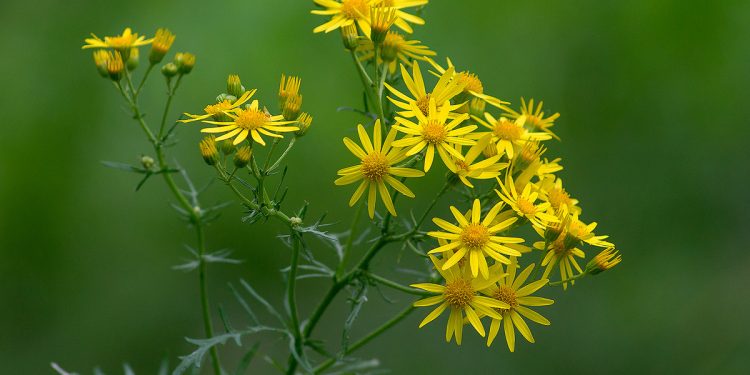#WeedResearch #SenecioVulgaris #MedicinalPlants #DrugDevelopment #ToxicityTesting
Senecio vulgaris, commonly known as the groundsel, is a weed that can be found in gardens, lawns, and agricultural fields worldwide. Despite being a nuisance to gardeners and farmers, this plant has been used for medicinal purposes for centuries. In recent years, researchers have been studying this plant to better understand its properties and potential benefits.
Studies have shown that Senecio vulgaris contains compounds with anti-inflammatory and antioxidant properties. It has also been found to have potential in treating certain types of cancer and liver diseases. However, the same compounds that make this plant potentially beneficial can also be toxic in high doses, leading to liver damage and other health issues.
As researchers continue to study Senecio vulgaris, they hope to unlock its potential as a source of new drugs and treatments. This research could lead to the development of new medications for a range of illnesses and conditions.
Despite the potential benefits of Senecio vulgaris, it is important to remember that it is still a weed and can be harmful to crops and gardens. Gardeners and farmers should continue to take steps to control its growth and prevent it from spreading.







